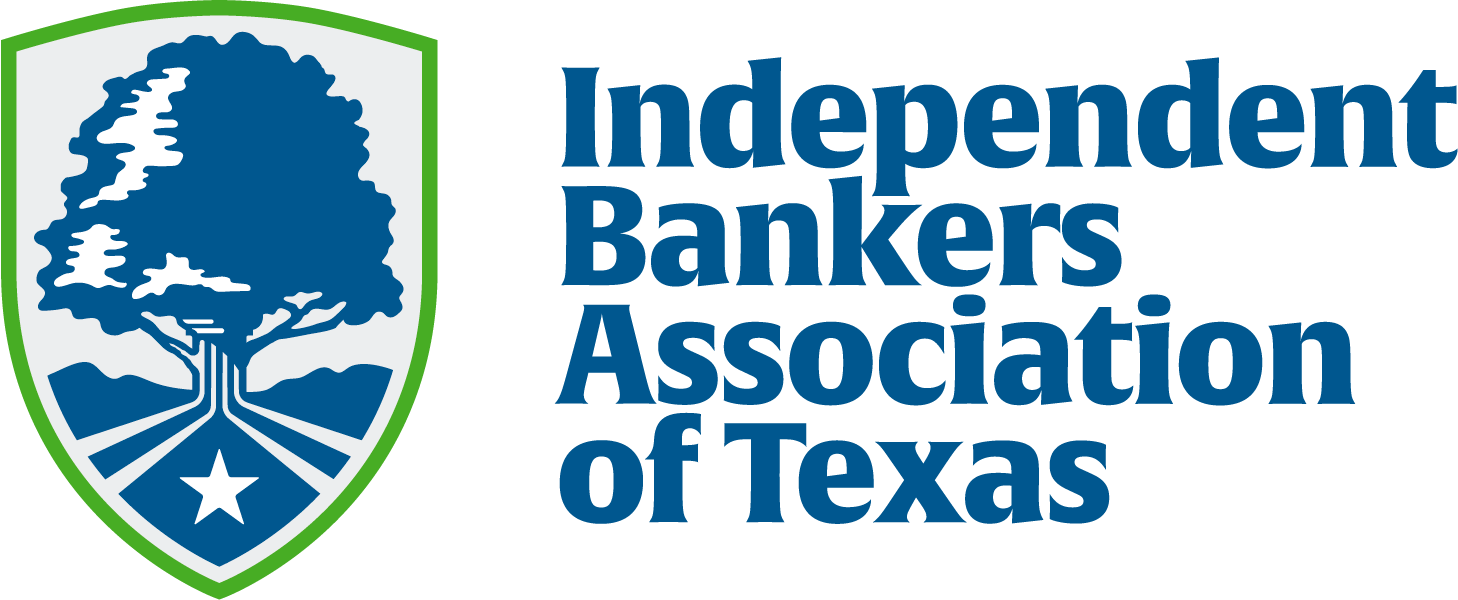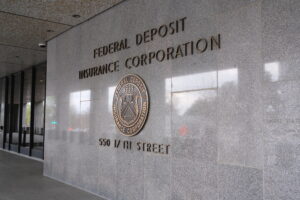Banking regulatory issues got a rare bump in national attention last week, as Joe Rogan and, subsequently, Elon Musk, gave voice to venture capitalist Marc Andreesen’s contention that tech founders, crypto founders and political opponents of the Biden administration had been debanked in a so-called Operation Choke Point 2.0.
In outtakes from Rogan’s podcast, Andreesen blamed the Consumer Financial Protection Bureau for stifling innovation and “doing whatever Elizabeth Warren wants,” by cutting off banking services to disfavored industries. The podcast led Elon Musk to post “Delete CFPB” to the social media platform, X.
Even before Andreessen’s recent appearance on Joe Rogan, crypto-friendly Republican politicians, like Arkansas Congressman French Hill, vowed to reverse what they describe as “politically targeted” pressure on banks to sever ties with certain industries like crypto.
Federal banking agencies have sought to address “novel activities” by banks, which includes the banking of crypto firms and facilitating access to the banking system by fintechs through “banking as a service” (BaaS) arrangements. IBAT has repeatedly called for guardrails for responsible innovation, and sought to promulgate industry standards for compliance and risk in BaaS arrangements.
Federal banking agencies have explicitly and repeatedly said that no specific customer type presents a uniform level of risk and that financial institutions must undertake a risk-based approach to conducting customer due diligence. Customers in higher-risk segments, like payday lending, gambling, adult services, online pharmacies and the like, cost banks more to serve in a manner that is compliant with existing law and regulation.
While the specific claims of Andreessen and Musk merit closer scrutiny, the general sentiment against regulatory overreach rings true. While President-Elect Trump has yet to announce his nominees to leading most of the key federal regulatory agencies, IBAT expects an overall lighter touch by federal regulators under the new Administration. Such nominees will likely encounter pressure to adopt crypto-friendly policies and a less aggressive posture to certain elements of banking supervision and regulation, perhaps beneficial to the venture investments of Andreessen and others.




